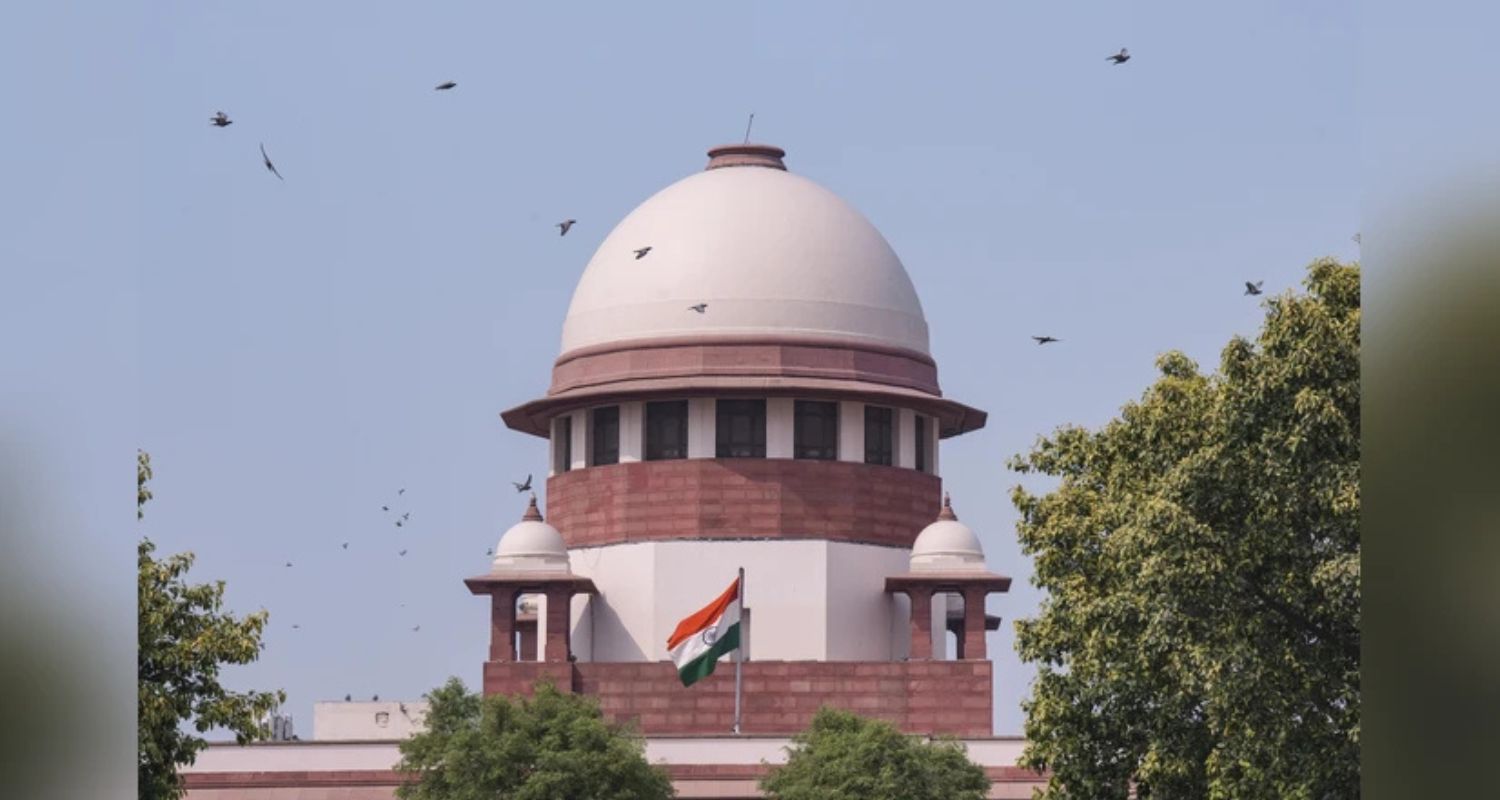A Public Interest Litigation (PIL) has been filed in the Supreme Court challenging the Union Government's Ethanol Blending Programme, which mandates the sale of petrol blended with 20% ethanol (E20).
The petitioner, an Advocate named Akshay Malhotra, argued that making only E20 petrol available, without providing consumers the option of ethanol-free petrol (E0), violates the fundamental rights of millions of vehicle owners whose vehicles are not compatible with the higher ethanol blend. Also, such a programme, without creating public awareness, violates the right of the consumers to have an informed choice as per the Consumer Protection Act, 2019.
Supreme Court Modifies Earlier Order The petitioner submits that millions of Indians are unaware that the petrol in their vehicles is not 100% petrol but a mix of ethanol and petrol, which vitiates the basic component of an informed consumer choice due to non-disclosure of a material fact to the consumer. According to the plea, the use of E20 petrol adversely affects fuel efficiency and can lead to corrosion of various vehicle components, thereby imposing additional costs and safety concerns on consumers.

It further contends that the Centre's move to implement the policy without first giving automobile manufacturers adequate opportunity to design and release vehicles compliant with E20 is “unreasonable and arbitrary.” It is stated that the vehicles which were manufactured in India prior to April 2023 are not compatible with ethanol-mixed petrol. Also, the vehicles as recent as 2 years old, though BS-VI compliant, are also not compatible with 20% ethanol, though they may be compatible with E-10.
It is highlighted that ethanol content in petrol causes corrosion of engine parts, which results in lower fuel efficiency that leads to premature wear and tear of the vehicles and damages the fuel lines, plastic/rubber components etc. Furthermore, because of the lower efficiency of the vehicle, the consumption of petrol is on the higher side, which adds to increased pollution. The result is that engines are getting damaged, mileage is dropping, car repair bills are shooting up, and insurance claims are being denied.
Also Read: SC stays SIT probe against Cong MLA Arif Masood in forgery case
The PIL has sought directions from the Supreme Court to ensure that petroleum companies continue to make ethanol-free petrol (E0) available in the market, alongside proper labelling of fuel pumps to clearly indicate that the petrol being sold is E20.
The petitioner also points out that though petrol is mixed with 20% ethanol, its price has not come down. The gains made by companies by reducing the petrol component are not passed on to the end customers, who continue to pay the same amount.
The PIL also points out a stark contrast with global practice. In the US and EU, ethanol-free petrol is still available, and blended fuels come with clear labels at petrol stations so consumers can make an informed choice. In India, however, motorists are kept in the dark; petrol pumps sell only ethanol-blended fuel with no disclosure of what's going into their vehicles.
Also Read: SC to EC on Bihar SIR: Accept 11 documents or Aadhaar for voters


